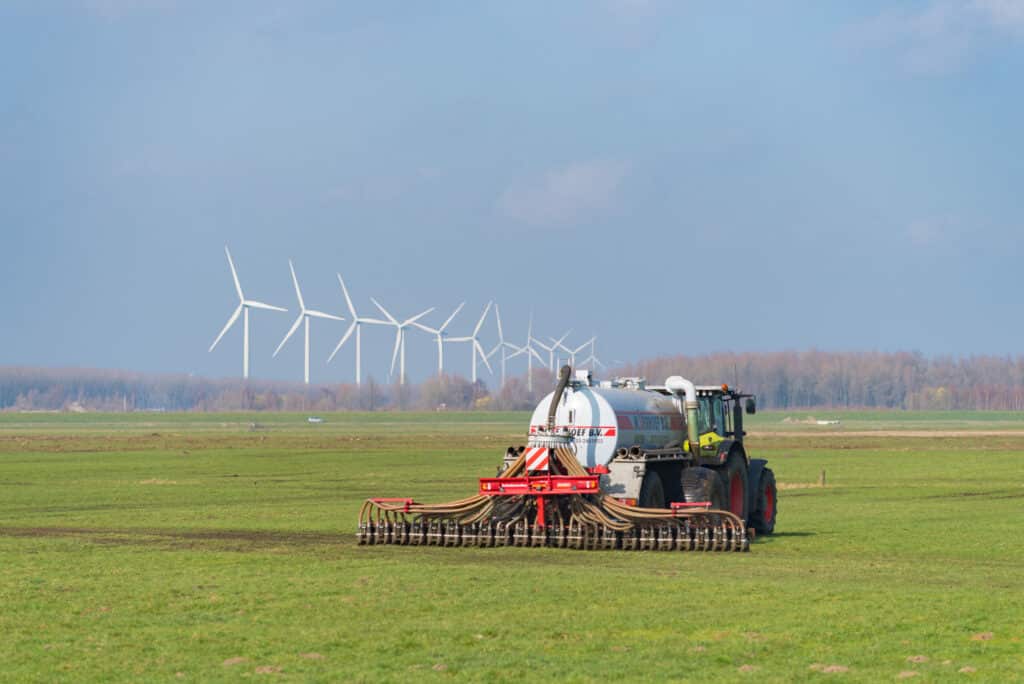In a surplus situation, the best option is to export the digestate obtained following anaerobic digestion. If the cost of transportation is not affordable, other alternatives should be considered. Here we explain which ones.
Anaerobic digestion removes volatile organic compounds and mineralises, which improves the fertiliser quality of the digestate and favours subsequent nutrient recovery processes, in addition to producing renewable energy (biogas) and helping reduce greenhouse gas emissions.
In surplus situations, when it is necessary to export nutrients, the first option is to export part of the digestate. This can involve a high transport cost which, if not affordable, makes it necessary to evaluate other alternatives in order of increasing complexity. Usually, the higher the technological complexity, the higher the cost of investment and operation, which will only be acceptable if it allows quality products to be obtained that have market demand and significantly reduce the environmental impact, so as to allow the livestock farming activity to survive.
As complexity increases, so does the requirement for specialised operation, which is why it is recommended that the plant be collective, serving many farms, in order to take advantage of economies of scale.
Click here for the full article as published on www.pig333.com, including simplified diagrams that show strategies that can be expanded with other process units, or further simplified by not employing one of the processes, e.g. composting or pelletising.
In the case of collective plants, the transport of raw slurry represents an important cost, which can be minimised by transporting only the solid fraction, separated at the farm for the farms furthest from the plant. Understandably, a high nutrient separation efficiency is needed for these local separation systems in order to minimise the amount that will remain in the liquid fraction to be managed at the farm of origin.
The South African Pork Producers’ Organisation (SAPPO) coordinates industry interventions and collaboratively manages risks in the value chain to enable the sustainability and profitability of pork producers in South Africa.
















